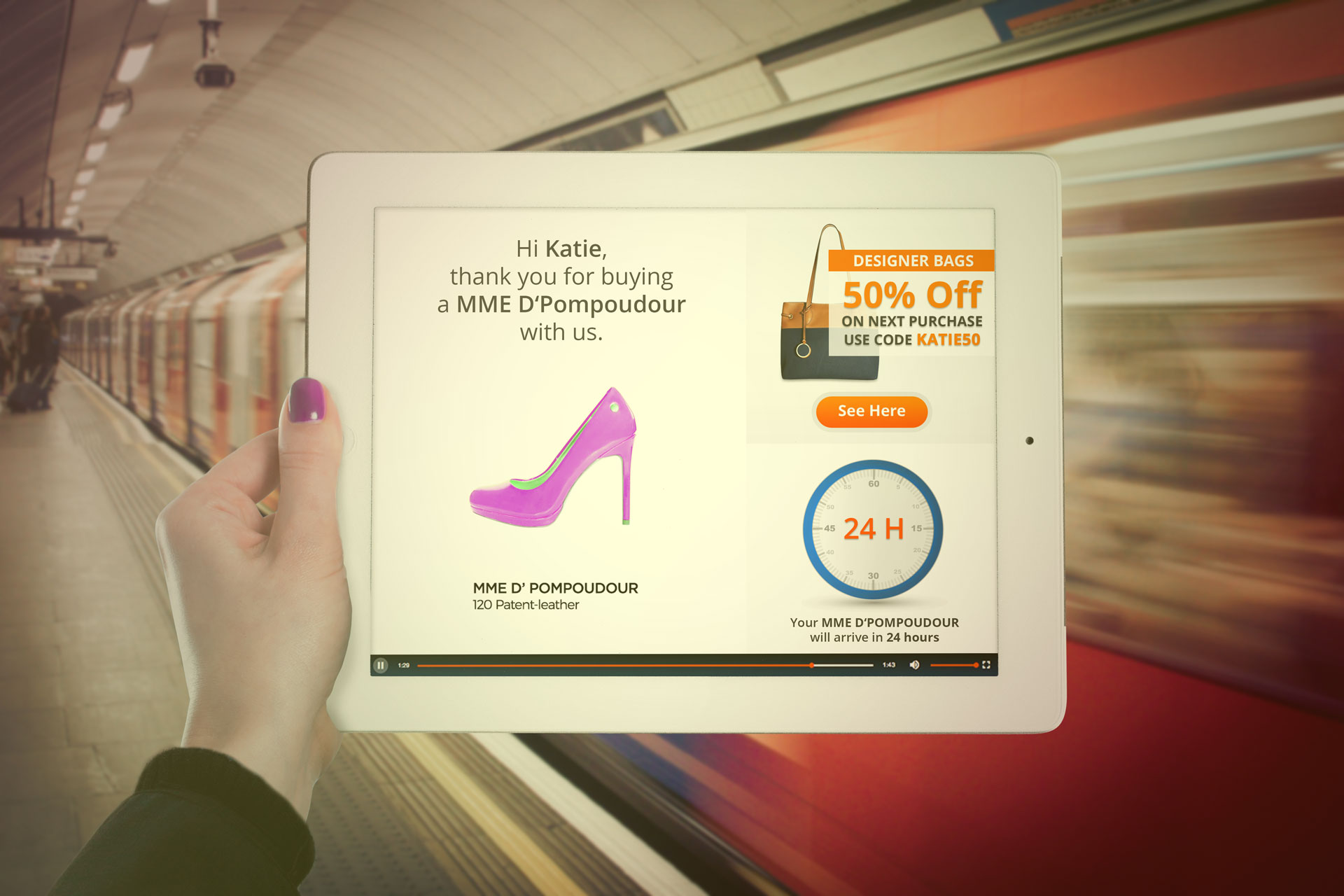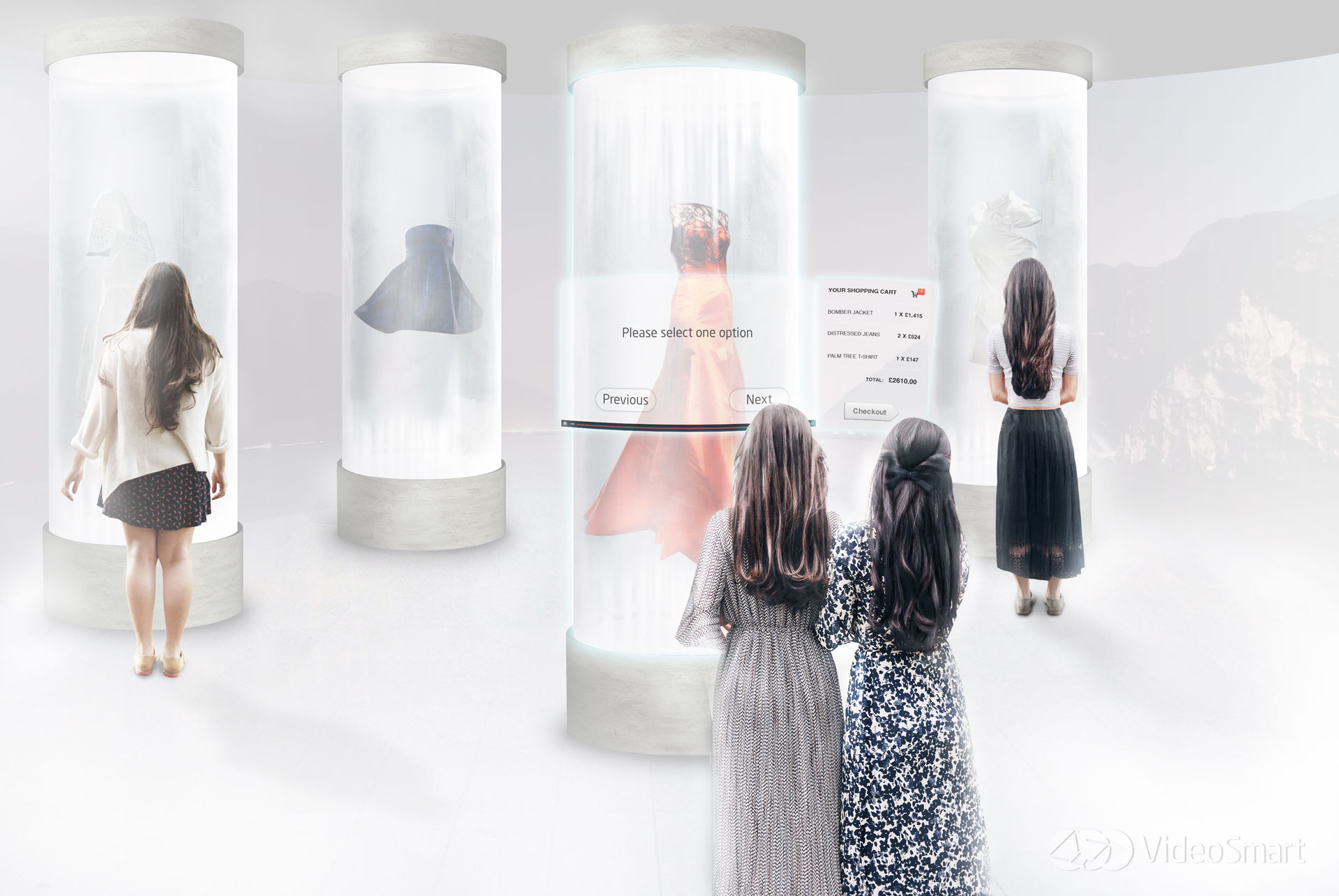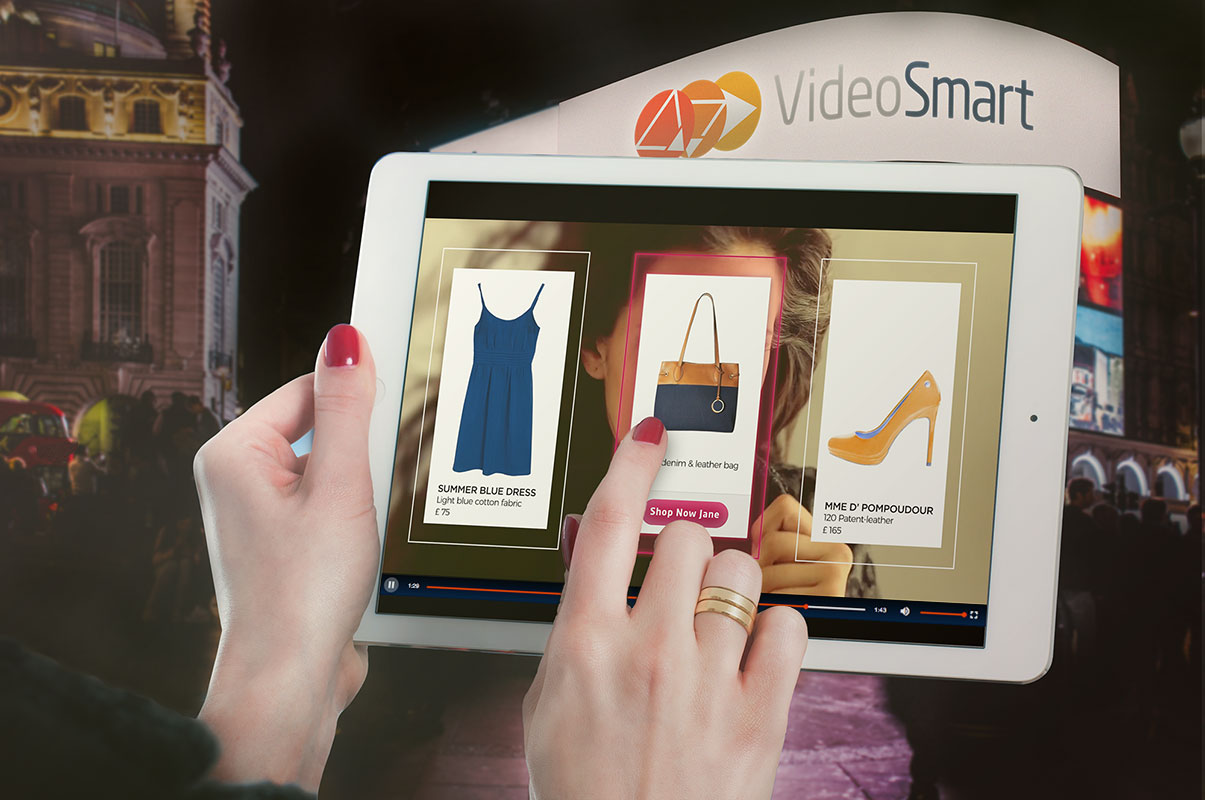Mass Personalisation


Personalisation is everywhere. Whether you’re online shopping, watching Netflix, or checking your morning e-mails on the train, you are likely to be hit with a personalised communication.
In the era of all things digital, consumers have high expectations: they want their interactions with businesses they buy from to be personalised.
Cost-Efficient
And while personalisation has been around for some time, it is only recently that these businesses are adapting their operations to respond, and technology has evolved to offer cost-efficient personalisation at scale.
Businesses have not only developed the capabilities to measure what each individual customer wants; they are now in a position to ensure their resources can provide it.
What is Personalisation?
So, what is personalisation? The definition of this continues to change. Personalisation has evolved from tailored marketing to a fully personalised customer experience.
Overtime, companies have become empowered by data, allowing them to engage with their customers on a direct level, addressing them by name, referencing their recent purchasing decisions, and recommending products and services that may be of interest to them specifically.
Increase the Relevance of the Information Served
According to a recent survey by Deloitte, three in four customers said they receive too many e-mails from brands, leading to 69% of people unsubscribing or closing their accounts.
More precisely, just 13% of consumers feel they receive relevant communications from their bank and 11% from food and drink companies.
In an era where people’s attention spans are declining rapidly, it is important to reduce the amount of information he or she is exposed to, and increase the relevance of the information served.
Well-Executed Campaigns
After all, well-executed personalisation campaigns can deliver eight times the return on investment and lift sales by 10% or more (Fourth Source 2016).
In its consumer review, Deloitte explore the benefits of personalisation for both the business and the consumer. While businesses will see increased conversion rates and heightened loyalty, the end-user will receive a customised experience, making them feel valued and recognised.
There are two common barriers to adopting personalised marketing:
1) Associated Costs
2) Customer Demographics.
However, studies have shown that neither of these concerns act as barriers at all. In fact, 1 in 5 consumers who expressed an interest in personalised products or services are willing to pay a 20% premium, meaning a great return on investment.
And as for point 2)? The over 55s are more likely to buy a product after seeing personalisation than the 16-24s.
Consumer Curated Content and Push Communications
Personalisation takes two main forms: consumer curated content and push communications. Consumer curated content relies on the end customer to build their product or service, customising along the way to create their own output.
This method was achieved by Kennedy City Bicycles, which invites customers to build their own bicycles straight from the company website using a ‘decision tree’.
The alternative form, push communications, means the personalisation is served to the customer by the business based on previous customer behaviour. For example, retailers like ASOS suggest products you may like based on prior purchases or browsing history.
VideoSmart Personalisation
VideoSmart offers both the aforementioned methods of personalisation in the form of video.
VideoSmart provides the technology for consumer curated personalised videos, where a customer inputs information to generate a video for a friend or relative, and push communications, where a video is served to a customer based on their personal data.
VideoSmart Solutions
VideoSmart’s solutions are in harmony with Deloitte’s findings – that innovations and technology are making personalised marketing and service offerings more cost efficient.
So, as competition between companies remains fierce, the customer experience has quickly become a key differentiator, with success or failure the difference between purchase and an abandoned basket.
Personalisation is proving itself to be a game changing solution for businesses across all industries to create a customised journey for each customer. Are you adopting the trend?
For more information on VideoSmart personalised video solutions, contact us at hello@videosmart.com today.
Sources:
Deloitte Research (June 2015) – ‘Mass Personalisation’
Fourth Source (2016) – ‘The Business Value of Personalisation’


